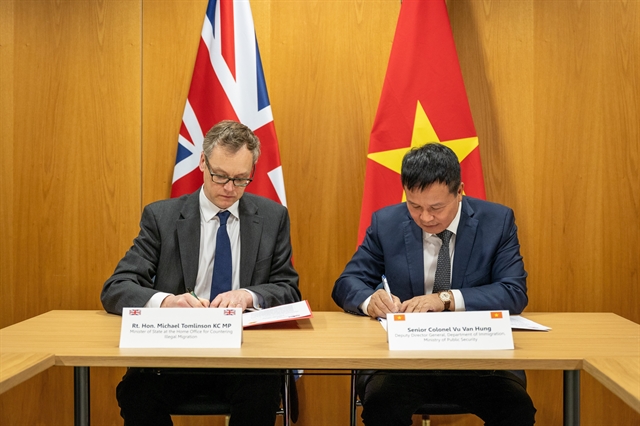

Hong Kong flag carrier Cathay Pacific will switch to biofuels made from landfill rubbish on select long haul flights, reports said Tuesday, in an effort to cut harmful emissions.
HONG KONG — Hong Kong flag carrier Cathay Pacific will switch to biofuels made from landfill rubbish on select long haul flights, reports said Tuesday, in an effort to cut harmful emissions.
Cathay flights to Hong Kong from the US, where the new fuel is produced, will use a combination of conventional jet fuel and biofuels starting in 2019, the South China Morning Post reported.
The airline hopes to cut emissions on those flights by 80 percent.
"Aviation biofuels will play a key role for Cathay and the aviation industry’s quest for lower emissions," Cathay Pacific biofuel manager Jeff Ovens told the Post.
The carrier had invested in the US-based sustainable biofuel developer Fulcrum BioEnergy, which converts municipal solid waste into aviation fuel, in 2014.
"These fuels will have a lower carbon footprint than fossil fuels, and the pricing we have is competitive with traditional fuels, Ovens said.
Cathay and other airlines have also been facing volatile oil prices.
The company has suffered huge hedging losses in the first half of last year as the price of oil plunged from its peak.
Oil hedging is when an airline locks in price of fuel -- a huge chunk of most airlines’ outlay costs -- at a pre-determined level for a certain amount of time.
In the first six months, Cathay recorded hedging losses at HK$4.49 billion ($578.8 million), and saw its net profit drop 82 percent from a year earlier to HK$353 million.
Cathay shares plunged in October after it said it did not expect business to improve in the second half of 2016, citing competition and overcapacity.
In 2015, China’s Hainan Airlines flew from Shanghai to Beijing in the country’s first commercial flight using biofuel made from cooking oil.
The Boeing 737 plane used a 50-50 mix of conventional jet fuel and biofuel made from waste cooking oil collected from restaurants in China. Australia’s Qantas and Air Canada have both tested biofuel on commercial flights.—AFP









